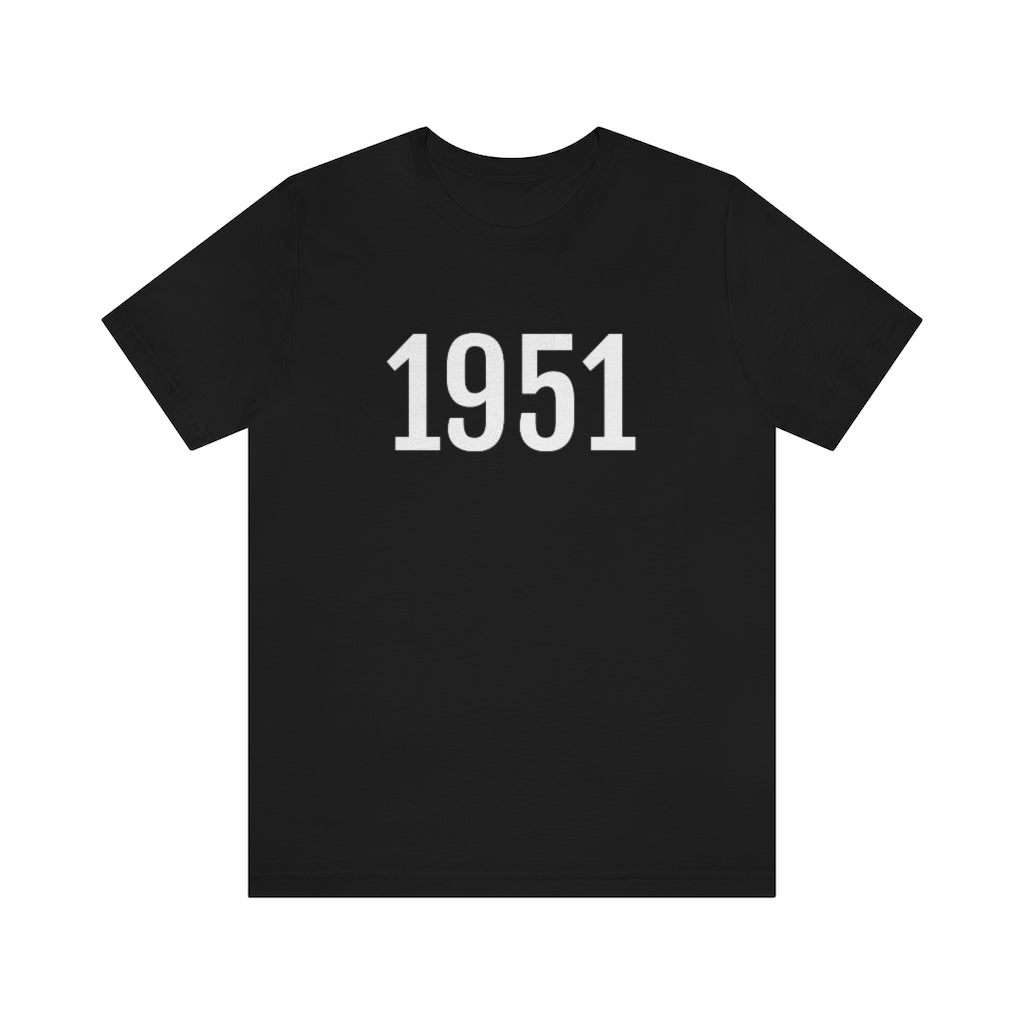Introduction: Numerology, the belief in the mystical significance of numbers, has a rich and captivating history that spans centuries and civilizations. From ancient cultures to modern interpretations, the study of numerology has evolved, leaving an indelible mark on spirituality and human understanding. In this comprehensive exploration, we delve into the fascinating history of numerology, tracing its origins, development, and modern-day interpretations.
1. Origins of Numerology: Numerology's roots can be traced back to ancient civilizations such as Babylon, Egypt, and Greece, where numbers were imbued with symbolic meaning and used for divination, prediction, and understanding the cosmos. These early practitioners believed that numbers held the key to unlocking the mysteries of existence and revealing divine truths about the universe.
2. Numerology in Ancient Cultures: In ancient Babylon, the Chaldeans developed one of the earliest systems of numerology, associating numbers with planetary influences and using them to interpret celestial omens. Similarly, ancient Egyptians used numerology in their religious practices, associating specific numbers with gods, rituals, and the afterlife. In Greece, Pythagoras, the famed mathematician and philosopher, is credited with popularizing numerology and introducing the concept of numerical symbolism.
3. Influence of Pythagorean Numerology: Pythagoras's teachings laid the foundation for modern numerology, emphasizing the interconnectedness of numbers, geometry, and the universe. According to Pythagorean numerology, each number has its own unique vibration and significance, influencing personality traits, life paths, and destiny. The Pythagorean system assigns numerical values to letters of the alphabet, allowing for the interpretation of names, dates, and words.
4. Evolution of Numerological Practices: Over time, numerology spread across cultures and adapted to different belief systems, incorporating elements of astrology, Kabbalah, and other mystical traditions. In the Middle Ages, numerology experienced a resurgence in Europe, with scholars like Johannes Kepler exploring the mathematical relationships between numbers and planetary motion. In the modern era, numerology has evolved into a widely practiced form of divination and self-discovery, offering insights into personality, relationships, and life purpose.
5. Modern Interpretations of Numerology: Today, numerology continues to fascinate and inspire people worldwide, with countless books, websites, and practitioners offering interpretations and guidance based on numerical symbolism. From calculating life path numbers to analyzing angel numbers, modern numerology provides a framework for understanding the patterns and synchronicities of life. Whether used for personal growth, decision-making, or spiritual enlightenment, numerology remains a powerful tool for unlocking the mysteries of the universe and gaining insight into the human experience.
Conclusion: The history of numerology is a testament to humanity's enduring fascination with numbers and their symbolic significance. From ancient civilizations to modern interpretations, numerology has played a prominent role in shaping our understanding of the cosmos and our place within it. By tracing its origins and evolution, we gain a deeper appreciation for the profound insights and timeless wisdom that numerology continues to offer in our quest for self-discovery and spiritual enlightenment.




